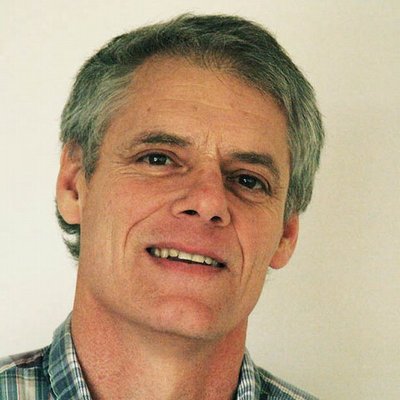May 27, 2010
Longtime UW climate researcher is new Washington state climatologist
Nick Bond has been doing climate research at the UW since 1990, but he wants to learn even more about climate and its history in Washington state. He will have that opportunity as the new state climatologist.
Bond is a senior meteorologist with the UW’s Joint Institute for the Study of the Atmosphere and Ocean and an affiliate associate professor of atmospheric sciences. Much of his current work involves climate variability and atmospheric effects on entire marine ecosystems, particularly in Alaska.
But he expresses a fondness for “small projects,” those that don’t necessarily get a lot of attention or funding but enhance understanding of conditions on more localized scales.
“This is my backyard, and I’d like to know more about how it works,” he said.
As an example, he cites research funded by the U.S. Forest Service to characterize summer rain events east of the Cascades. He notes that a big rainstorm in June can delay the onset of the fire season, while such a storm in August could effectively end the fire season. Further research, he said, can help show how the frequency and magnitude of such events are related to the condition of the climate system.
State climatology offices were funded by the National Oceanic and Atmospheric Administration until 1973. After that the Washington state office continued operating with minimal funding from the state and the UW until 1998. Following a dormant period, the office was revived by the UW in 2003.
The office was recently reconfigured as a unit in the UW’s new College of the Environment. It includes a full-time assistant climatologist, Karin Bumbaco, a research scientist with the joint institute who Bond says “keeps me honest and does virtually all of the work.”
Funding for the office remains minimal — in addition to Bumbaco’s salary, there is support for only about one month of Bond’s annual salary — but information gathered and reports generated by the office will be important for various users.
“I want to provide the best service to state agencies that can possibly benefit from past, present and future climate information,” Bond said. “There are a lot of directions the office could go.”
The climate office already works with the state departments of Ecology and Natural Resources, but Bond believes other agencies also might find long-term climate data to be useful. The office operates a website and produces a monthly public newsletter. Bond suggests there also could be a significant expansion of outreach for K-12 students.
“There are all sorts of applications. The tools to use climate data are getting better and better, and we’re willing, as part of our charter, to help folks who have legitimate questions about climate in specific parts of the state,” he said.
One example would be looking at long-term data and changing climate patterns to better understand the record heat wave that hit western Washington last summer.
“Is it something we should not expect again, or have we just been lucky to not have had more of those in the last decade or two? I don’t know the answer yet,” Bond said, “but that is the sort of thing we should be able say something about.”

